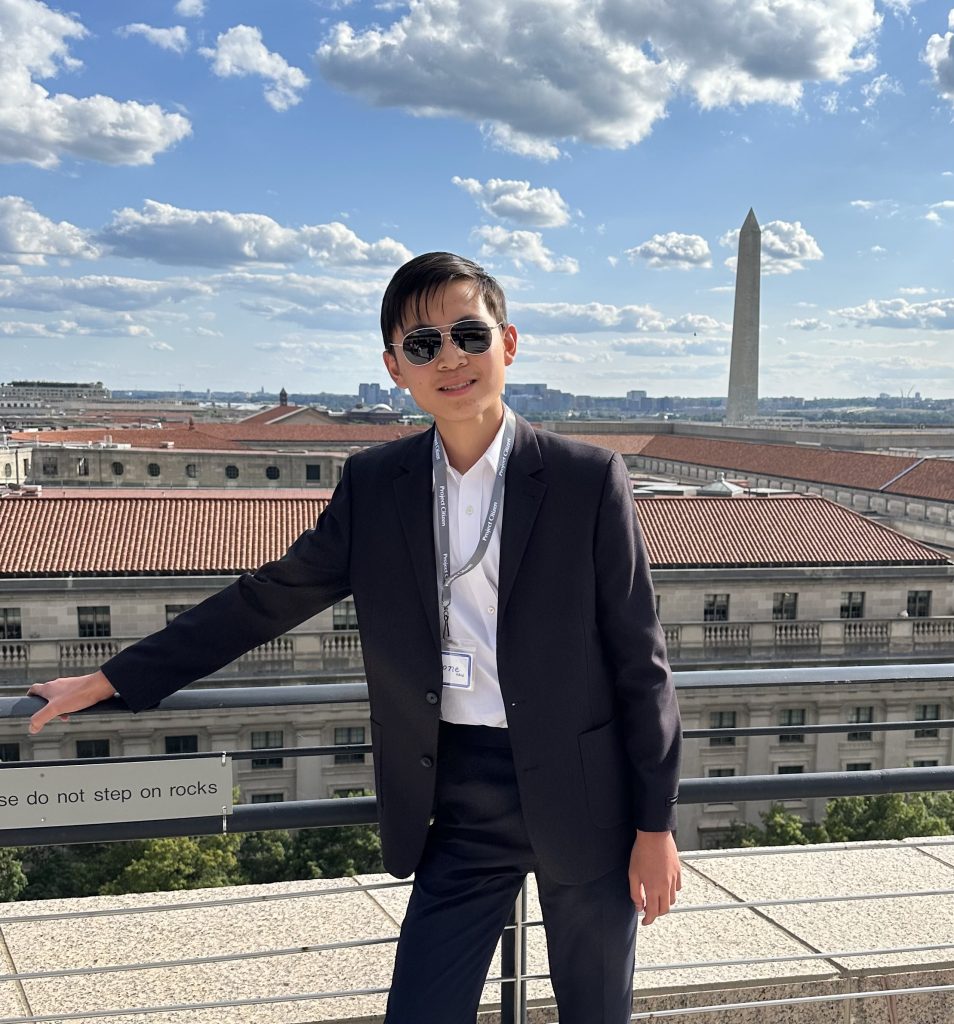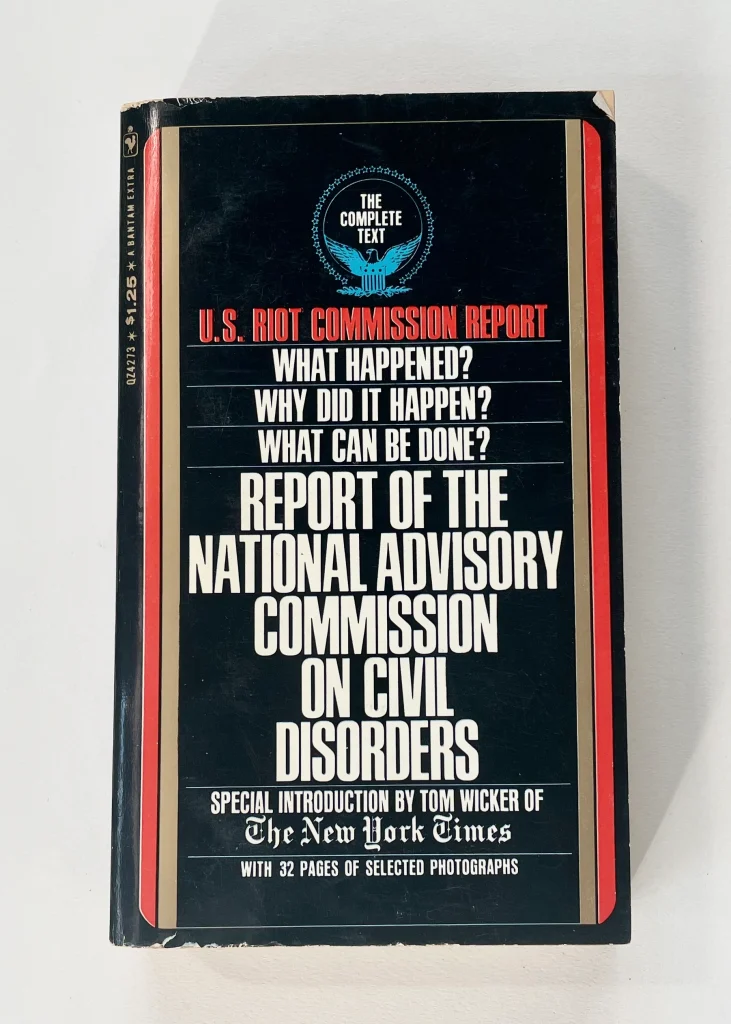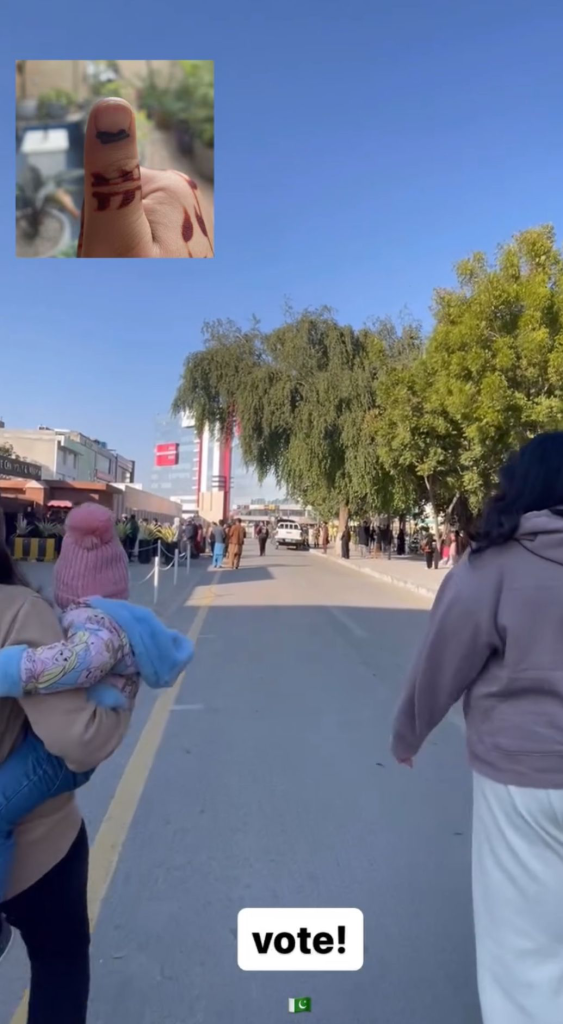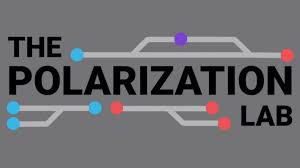Who or what do you perceive as “the enemy”?
If you ask me, I will say homework. Also, midterms and finals.
The quips aside, there are serious ramifications for what individuals believe to be the enemy. The word holds a gravity and seriousness that outmatches that of other words used to describe displeasure or opposition.
Why so much attention on a diction choice? It turns out that the recent framing of institutions, particularly universities, as the “enemy” by various political figures is causing great concern amongst academics. This was one of many topics discussed during the two-part series hosted by the Kenan Institute of Ethics, titled “When Universities are the ‘Enemy’: Academic Freedom, Institutional Autonomy, and the Future of American Higher Education.”
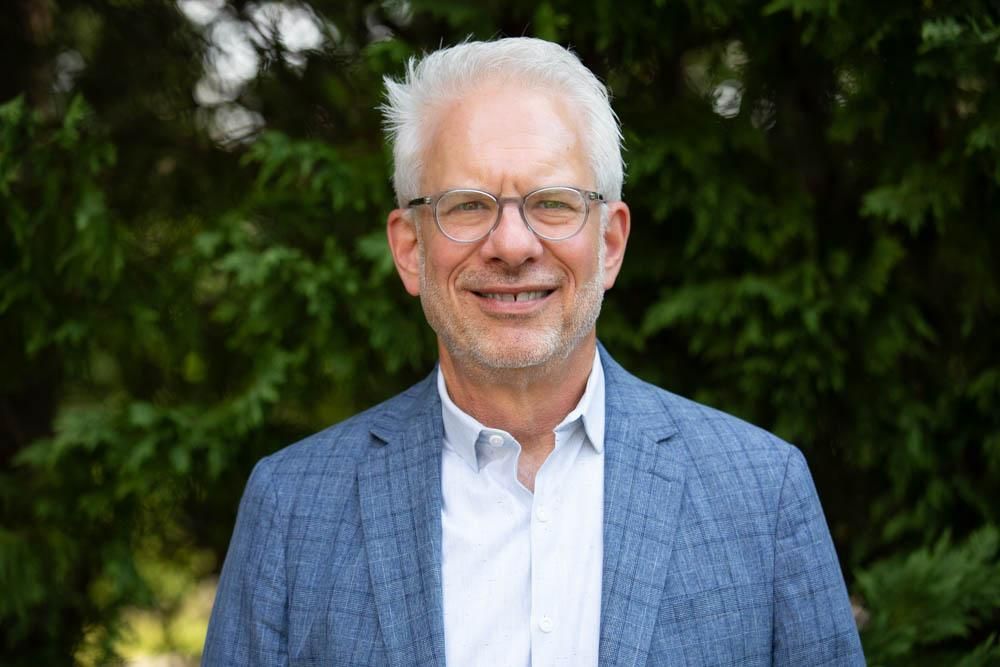
The series began with a webinar featuring three panelists, all of whom were experts on the history and politics of American higher education. Moderated by Dr. Eric Mlyn, Distinguished Faculty Fellow in the Kenan Institute, Doctors John Douglass (UC Berkeley), Don Moynihan (University of Michigan), and Ellen Schrecker (Yeshiva University) all shared insights into the recent potent attacks on universities leveled by conservatives. Examining the evolution of academic freedom, the panelists each described potential backsliding of freedoms under a prospective second Trump Administration.
Ultra-conservatives’ view higher education as a “hotbed of radicalism,” Schrecker said. Arguing that various forces on the political right have been villainizing universities for the past five decades, Schrecker stated that “today’s attack on universities is much, much more dangerous than McCarthyism.” Even more dangerous than McCarthyism, arguably the most famous period of repression and nationwide hysteria over a political ideology? This quote immediately captured my attention, and I assume many of my peers on the Zoom were equally captivated. Schrecker also mentioned many surprising statistics during her opening statement, for instance pointing out the austerity measures present in modern higher education led to 75% of university faculty being adjunct professors. Her talk shined a light on the inherent perils in the education system, which is evidently much more intricate and complex than most of us imagine.
Another thought-provoking comment during the webinar came from Moynihan, who focused his comments on the impact of federal actions under a possible Trump administration. Cautioning that intruding upon academic freedom is a tell-tale sign of potential democratic backsliding, Moynihan articulated potential paths that conservative appointees could use to target university activities, the most probable being withholding federal research grants. If Republican officials blacklist institutions sponsoring research into “controversial topics,” this will remove institutions’ ability to access NIH, NSF, and other funds, constituting “a huge setback for many R1 researchers.” The power to influence funding could be a point of leverage that, combined with heightened media scrutiny of universities, could target and destroy innumerable administrators and professors.
After the webinar, many student attendees, including myself, met in West Duke 101 four days later for a lunch discussion about the panel. Consisting of four freshmen, one sophomore, one senior, Mlyn, and Jac Arnade-Colwill, a program coordinator at the Kenan Institute, the meeting featured diverse perspectives on the causes for the whirlwinds confronting higher education.
A few memorable quotes stuck with me. One remark, “university politics is opaque”, struck me as we students indeed know little about Duke’s operations and institutional policies. Why is this the case? Would the mistrust in universities lessen if there were more transparency and openness? Additionally, a participant’s note of the partisan stereotypes associated with higher education was uniquely insightful. As they admitted their own tendency of associating conservatives with being less educated, they highlighted some “self-inflicted wounds” universities grapple with, one important one being limited ideological diversity and increasing ostracization of conservatism on campuses.
As universities seek to defend themselves against vicious criticism, there is a need for students, including undergraduates, to involve themselves in civic action and voice their thoughts on the education system they partake in. According to Mlyn, the Kenan Institute of Ethics is actively trying to discern “the undergraduate voice” on these issues and hosting many opportunities for student participation. There are also other outlets for civic engagement on campus for students to consider, including many centers and initiatives housed at the Sanford School of Public Policy.
Are we the enemy? How do we mitigate skeptics and critics’ pointed feelings? How do we legitimize our educational philosophies? Open questions for those craving food for thought.
